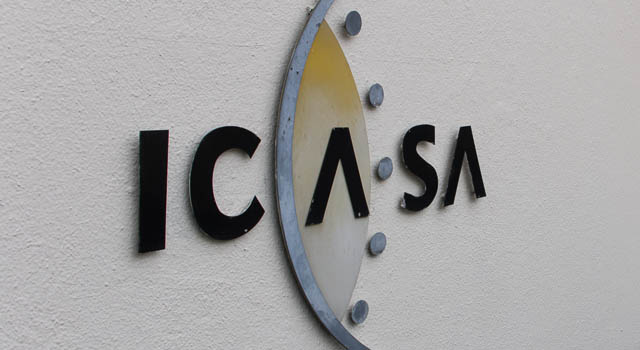
The Independent Communications Authority of South Africa (Icasa) has warned that using imported or otherwise uncertified cordless telephones can seriously affect mobile coverage.
Moreover, using them is a criminal offence and the authority intends clamping down on those flouting the law, confiscating offending equipment.
Even handsets that resemble locally stocked models can cause problems because they aren’t optimised for South Africa’s frequency allocations. Icasa says illegal handsets cause interference that affects between 100 000 and 200 000 mobile phone users daily, whether through slow or substandard mobile data connections or poor quality voice calls.
To combat the problem, Icasa says it is launching a “nationwide crackdown on illegal handsets”. It has the power to search and seize illegal equipment, but is hoping the public will cooperate and hand in offending devices instead.
Icasa has noticed an especially high number of incidents in the Cape Peninsula and this area will be the initial focus of its programme.
Icasa says interference from illegal devices violates the licence rights of operators. “The result of interference is poor quality of service, nonavailability of access to the network and increased dropped calls and slower data rates.”
According to the Electronic Communications Act and the Icasa Act, the authority is entirely within its rights to confiscate any equipment that causes interference, including handsets, without compensation to equipment owners.
The only mobile operator that has been affected by the illegal handsets is Vodacom because it uses a portion of the 1 800MHz band with which the offending handsets interfere.
Vodacom spokesman Richard Boorman says the issue has been a source of frustration for the operator for a long time.
The list of offending handsets includes, but is not limited to, Panasonic’s KX range and Philips’ CD range. Icasa says legitimate devices can be identified by the gold Icasa sticker the device and its packaging are required to carry. — (c) 2013 NewsCentral Media




